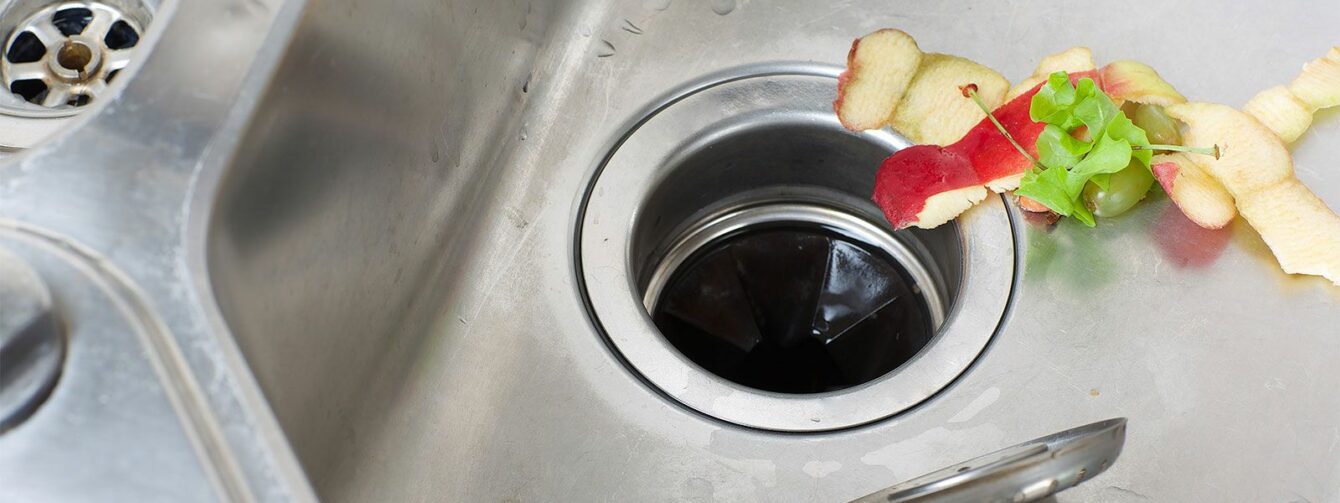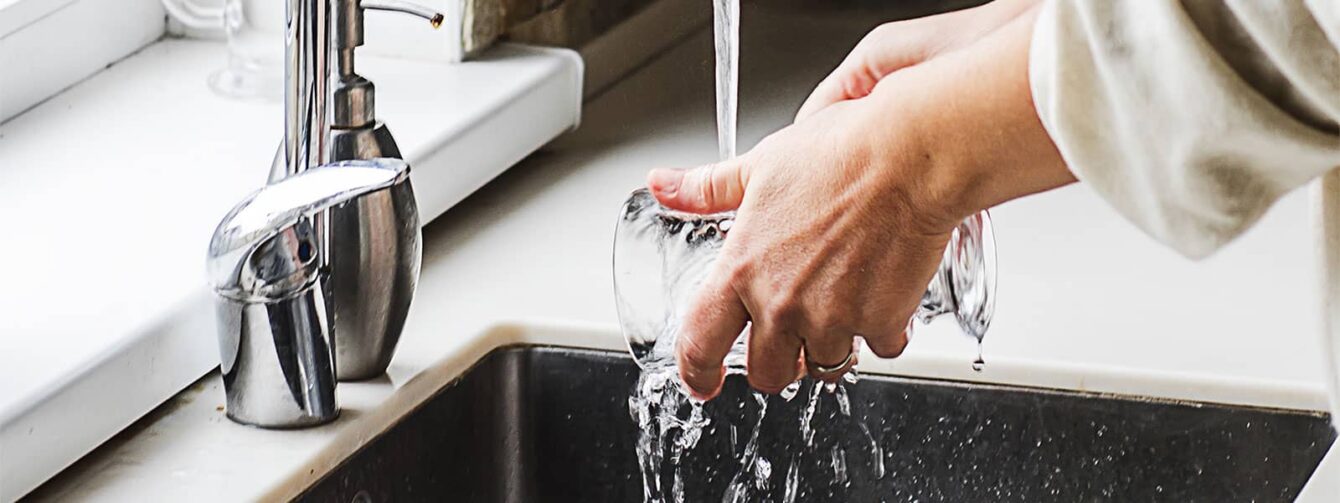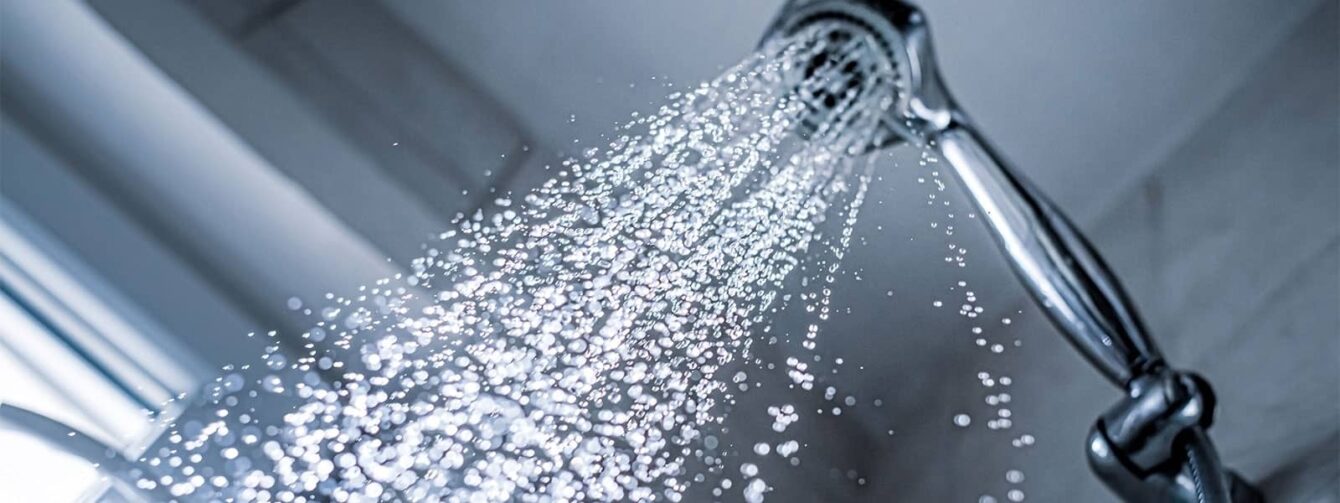Your home’s air duct system can look and feel like a maze, making it difficult to navigate as you try to keep your home’s airflow cool and consistent. GEM’S heating and cooling services are here to help. We want to help you understand your air ducts’ inner workings, diagnose common issues, and know how to maintain your ducts to ensure your heating, ventilation, and air conditioning (HVAC) system is healthy.
GEM offers regular heating and cooling maintenance in the New England area for your HVAC system to make sure your ducts are giving you the airflow you deserve.
New England Ductwork 101
Think of your air ducts like your home’s arteries: as long as they stay clear and healthy, heated and cooled air can effortlessly pass through them to reach their destinations (the rooms in your home).
Once your HVAC system pulls air from the intake vents, your air ducts guide that air back out through your home at the desired temperature. Temperatures will change accordingly depending on the season, and you’ll stay comfortable.
Now that you know what’s going on behind your walls, let’s explore whether or not the type of ductwork in your New England home really matters.
Are Types of Ductwork Important?
While they all serve the same purpose, different types of ductwork may perform better in different homes. There are four main types of ductwork:
- Sheet metal: Rigid, durable ductwork made of galvanized steel or aluminum
- Fiberglass: Sheet metal ducts with an added fiberglass lining that limits heat loss and reduces noise
- Fiberboard: Made of fiberglass strands with foil added to the exterior for insulation and moisture protection
- Flexible ducts: Tube-shaped ducts made of steel spring coil and covered in thick, durable plastic making them easier to fit in tight-knit spaces
So, does the type of ductwork matter? In short, yes –– keeping in mind the unique qualities of your home. The choice ultimately depends on the design of your home, your preferred levels of noise reduction or heat retention, and your budget –– all factors that GEM’s heating and cooling services can help you determine.
While the ductwork you have in your home may be the right type, you’ll still want to prepare for what could potentially go wrong.
How Your Air Ducts Can Cause Trouble
Keep your ducts in a row by knowing what problems can surface and how to spot them.
Symptoms To Look Out For
Several signs may point to issues with your air ducts. Here are issues to watch out for:
- Hot and cold spots: spots around your house may trace back to leaky ducts that are allowing air to escape your ductwork
- Strange odors: bad smells coming from your HVAC system can stem from mold growth, rodents, or other vermin deposits in your ducts
- Poor airflow: leaking or clogged ducts can bear stuffy air, uncomfortable temperatures, or weak airflow from your vents
- Unusual sounds: cracks, leaks, or air pressure changes in your ductwork can cause your HVAC system to make whistling or popping noise
- Clogged filters: ducts collect debris, pollutants, and other contaminants, resulting in strained airflow and increased energy costs
Fortunately, you can save the day by spotting many of these issues before they evolve. Let’s take a look at how you can avoid these problems in the first place.
Preventing Problems With Your AC Ductwork
When it comes to preventing severe issues with your air ducts, proper ductwork maintenance will be your priority.
AC Duct Cleaning in New England
Protecting your air ducts means keeping them clean. The following circumstances mean it is time for a deep ductwork clean:
- Visible mold growth: mold is often black, making it spottable upon inspection, or it gives off a deep, unpleasant odor
- Rodents or insects: these creatures are smelly, loud, and often big enough to spot with a simple inspection
- Clogged air ducts: identifiable by a clogged filter or weak airflow, clogged ducts allow all that dust and debris that should be filtered out to be recirculated back into your home
- Recurring allergy-related illnesses: if you find your family dealing with allergies more often than your neighbors, it could be related to poor air quality from your air ducts
- Recently completed home renovations: to ensure your family isn’t inhaling construction debris, vacuum your air ducts and replace your filter
If you find yourself in one of these circumstances, GEM’s heating and air conditioning services can help inspect and maintain your ductwork for you.
Can I Clean Air Ducts Myself?
We recommend you hire a professional for thorough inspections and cleanings, but there are a few things you can do to clean your air ducts yourself:
- Change your HVAC system’s filters according to manufacturer recommendations
- Keep your registers and grilles tidy by removing vent covers and cleaning them
- Remove as much dust in your home as possible
- Steer clear of leaving behind any treats for mice
If you don’t address these air duct conditions at the root of their problem, they may keep recurring––and at that time, it’s time to consult GEM’s expert HVAC services.
When To Call In GEM’s Heating and Cooling Services
Here at GEM, our heating and cooling specialists offer thorough air duct cleaning services. Additionally, we offer HVAC maintenance and repair, including yearly inspections of your system, proper design and sizing, and leak repairs.
Unsure if your ductwork is in shape to give you the airflow you deserve? One of our Remote Assist experts can lend you virtual support. We’ll walk through your system with you and spot any problems right on video call.





